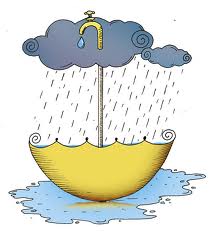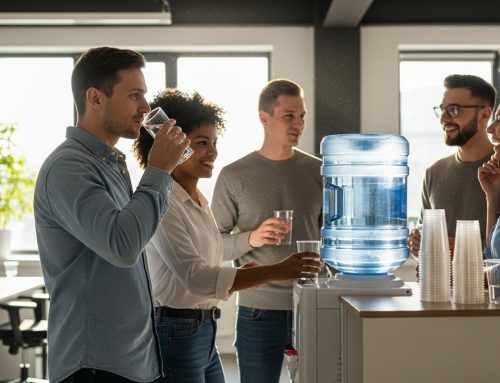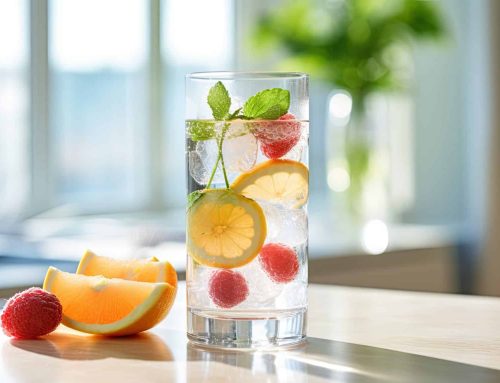 Rainwater harvesting is the collection of rainwater that would otherwise flow off a roof and down the drain. Harvested rainwater can then be used to water the garden, as piped water to flush toilets, for car washing, and for many other uses.
Rainwater harvesting is the collection of rainwater that would otherwise flow off a roof and down the drain. Harvested rainwater can then be used to water the garden, as piped water to flush toilets, for car washing, and for many other uses.
Advantages of rainwater harvesting
Rainwater harvesting is suitable for many applications at home, schools, hospitals, offices and other commercial premises. Home systems can be relatively simple and affordable to install.
Using rainwater wherever suitable is a highly effective way to conserve water supplies and reduce the amount of mains water you use, which saves you plenty on your water bill.
Utilising rainwater also reduces the strain on rivers and groundwater, which is very important because water shortages are on the rise.
Rainwater is soft and leaves no lime scale. Washing clothes in soft water needs less detergent and so reduces water pollution from these compounds. You garden will also thrive on rainwater as it doesn’t contain any chlorine.
How does it work?
The most common way to harvest rainwater is to fit a storage tank or barrel to your stormwater drain from your roof. Falling rain then flows into the tank through a filter that removes leaves and other matter. The storage tank contains a pump which pumps the rainwater to the building where it is piped to the toilets and to the outside taps.
Another alternative however is the cistern. A cistern is similar to a barrel, but larger and located underground. They need a more complicated catchment system and will cost more money than a barrel, but they look more attractive.
How much will you save?
Depending on how much water you usually use, you can save 30 to 50% of the treated drinking water from the mains in your house. The savings are even greater in commercial buildings, where you can save up to 80% of treated water.
How clean is rainwater?
The rainwater is filtered from particles and other matter in the storage tank. In properly designed systems, calming inlets ensure that any sediment at the bottom of the tank does not get stirred up. Also, water is kept in the dark and kept oxygenated to discourage algal growth.
However, while filtered, untreated rainwater is perfectly safe for non-drinking purposes like laundry or gardening, it should never be used for drinking.
Living-Water sells water coolers and water dispensers to businesses in London. Get bottled water coolers and mains fed water coolers for the office or home.





